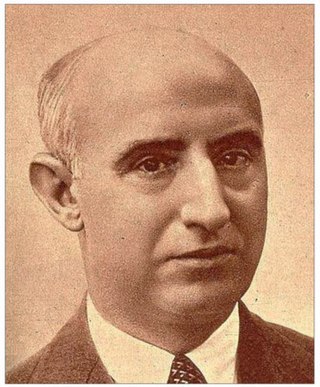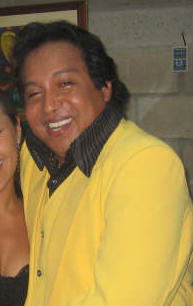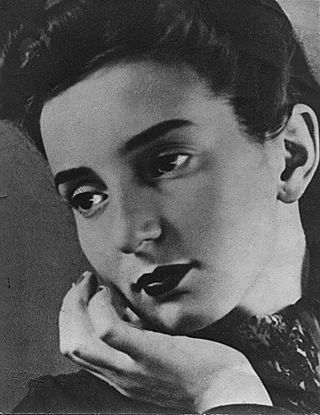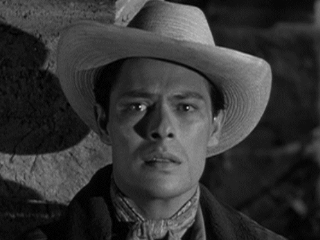
Mario Benedetti Farrugia, was a Uruguayan journalist, novelist, and poet and an integral member of the Generación del 45. Despite publishing more than 80 books and being published in twenty languages, he was not well known in the English-speaking world. In the Spanish-speaking world, he is considered one of Latin America's most important writers of the latter half of the 20th century.

Gustavo Adolfo Claudio Domínguez Bastida, better known as Gustavo Adolfo Bécquer, was a Spanish Romantic poet and writer, also a playwright, literary columnist, and talented in drawing. Today, some consider him one of the most important figures in Spanish literature, and is considered by some as the most read writer after Miguel de Cervantes. He adopted the alias of Bécquer as his brother Valeriano Bécquer, a painter, had done earlier. He was associated with the romanticism and post-romanticism movements and wrote while realism enjoyed success in Spain. He was moderately well-known during his life, but it was after his death that most of his works were published. His best-known works are the Rhymes and the Legends, usually published together as Rimas y leyendas. These poems and tales are essential to studying Spanish literature and common reading for high-school students in Spanish-speaking countries.

Juan Carlos Onetti Borges was a Uruguayan novelist and author of short stories.

Emir Rodríguez Monegal, born in Uruguay, was a scholar, literary critic, and editor of Latin American literature. From 1969 to 1985, Rodríguez Monegal was professor of Latin American contemporary literature at Yale University. He is usually called by his second surname Emir R. Monegal or Monegal.

Alfredo Talavera Díaz is a Mexican professional footballer who captains and plays as a goalkeeper for Liga MX club Juárez and the Mexico national team.

Joan Alberto March Ordinas was a Spanish business magnate, arms and tobacco smuggler, banker and philanthropist.

Diomedes Díaz Maestre was a Colombian vallenato singer, songwriter, and composer. He has been named the "King of Vallenato" and is nicknamed El Cacique de La Junta, which was given to him by another vallenato singer, Rafael Orozco Maestre, in honor of Díaz's birthplace.

Luis Martín-Santos Ribera was a Spanish psychiatrist and author of Time of Silence, often cited as one of the most important Spanish novels of the twentieth century.

Ángel A. Rama was a Uruguayan writer, academic, and literary critic, known for his work on modernismo and for his theorization of the concept of "transculturation."

Viriato Díaz Pérez was a Spanish-born writer who later migrated to Paraguay.

Ida Vitale is a Uruguayan poet, translator, essayist, lecturer and literary critic.

Manuel Flores Mora was a Uruguayan journalist and politician representing the Colorado Party.

Carlos Real de Azúa was a Uruguayan lawyer, professor, essayist, sociologist and historian.
José Pedro Díaz was a Uruguayan essayist, educator and writer.
Carlos Maggi was a Uruguayan lawyer, playwright, journalist and writer. Among his acquaintances he was known as "the Kid".

Idea Vilariño Romani was a Uruguayan poet, essayist and literary critic.

The Generation '45 was a group of writers, mainly from Uruguay, who had a notable influence in the literary and cultural life of their country and region. Their name derives from the fact that their careers started out mainly between 1945 and 1950.

Manuel Arturo Claps was an Argentine-Uruguayan writer.

El ministerio del tiempo is a Spanish fantasy television series created by Javier and Pablo Olivares and produced by Onza Partners and Cliffhanger for Televisión Española (TVE). It premiered on 24 February 2015 on TVE's main channel La 1. The series follows the exploits of an investigative team in the fictional Ministry of Time, which deals with incidents caused by time travel that can cause changes to the present day.

Carlos Rivas was an American actor, best remembered as Lun Tha in The King and I (1956), Dirty Bob in True Grit (1969), and Hernandez in Topaz (1969).















